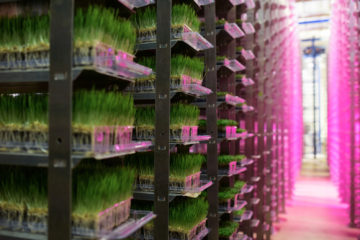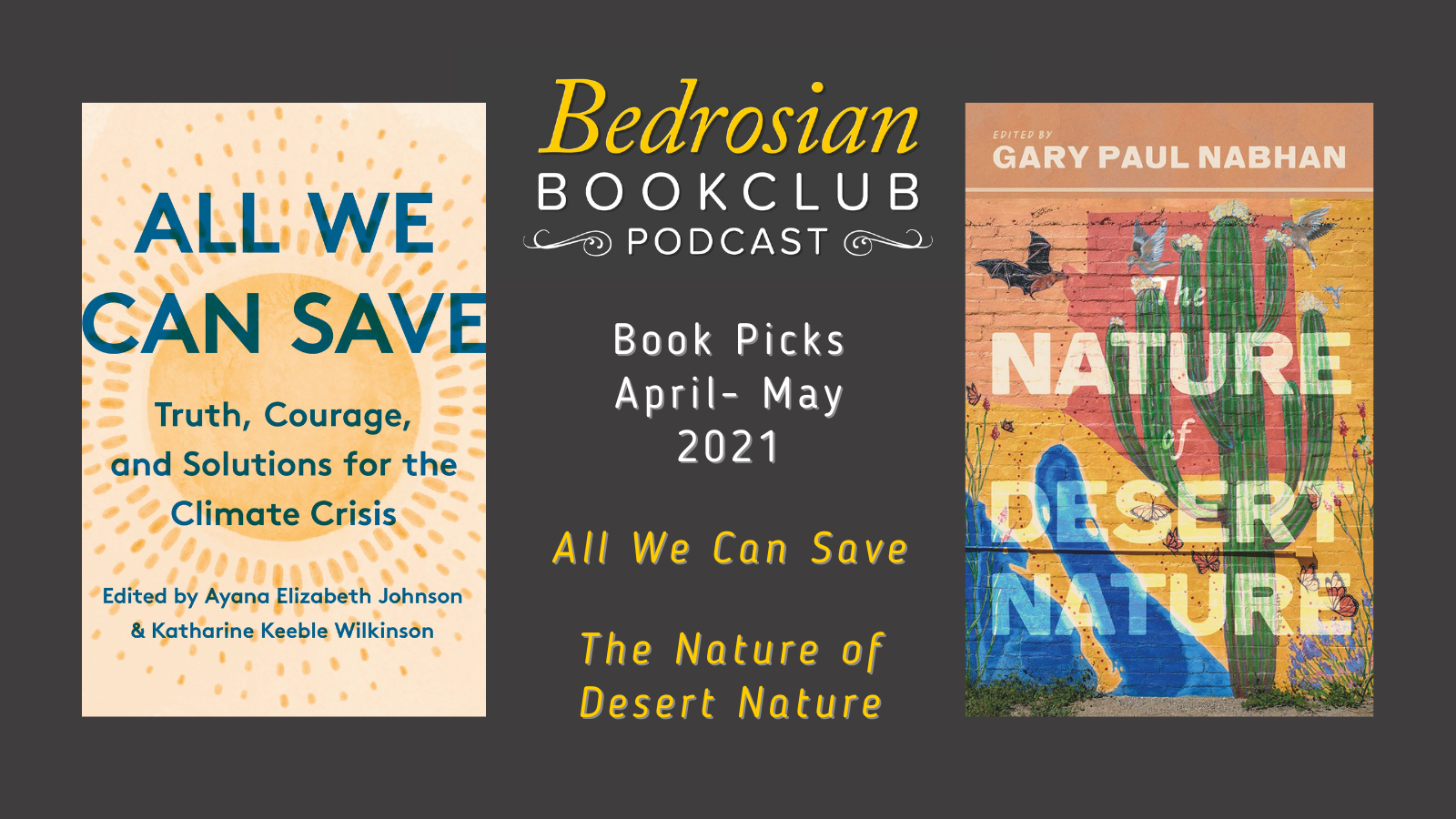Can Everyone Put Themselves on Mute?
Published by USC Bedrosian Center on
The Multilevel Impact of COVID-19 on Higher Education: A Graduate Student Perspective Reflecting on the End of the Semester
by Chrysa Perakis
I left Los Angeles for Spring Break and I never came back. As eerie as that sounds, I remember packing up my car for the Bay Area with the sinking feeling that I might not be returning. The day before leaving my roommate and I had gone to the grocery store and it was like something out of a horror film I would never watch- food shelves that had been completely obliterated, used latex gloves were strewn across the parking lot, and the sheer look of fear amongst customers in line upon hearing the faint sound of a someone coughing in the next aisle.
This was only the beginning.
After settling in with the idea of a seemingly endless shelter-in-place order in my hometown, I started to worry about school. USC, like many other schools throughout the country, transitioned to an online education system for the second half of the spring semester. I had never taken an online class before this, so I was not sure what to expect. This transition had not been easy for many, including myself, but absolutely necessary in the fight against COVID-19 and flattening the curve. Every week I signed into Zoom at the start of class time, listened to lectures, participated in class discussions, and took notes as I normally would. Zoom has many features purposed for creating an online classroom: you can virtually raise your hand, the professor can conduct a class poll, and group work is conducted in separate “breakout rooms.” Professors were essential in helping us transition to this new classroom and making helpful accommodations.
On a personal level, a considerable amount of my life was online before this pandemic. I use WhatsApp messenger to keep in touch with my family abroad, FaceTime to connect with my friends from undergrad, and Instagram to keep up with the lives of my cousins on the East Coast. What had been challenging with this transition, however, is that every aspect of our lives was taking place in the same environment under repetitious conditions. The BBC published a great informative article titled, “The Reason Zoom Calls Drain Your Energy,” explaining the concept of “Zoom fatigue.” The fact that every aspect of our lives- school, work, and social activities-are occurring solely in a virtual environment can be extremely exhausting. The article also highlights the fact that video chatting, especially in a virtual classroom setting, offers its own set of challenges as our subconscious reminds us that we are being watched by others and may get anxiety about having to perform for the duration of the class.
While the COVID-19 virus is medically classified as a respiratory infection, the epidemic itself, including adhering to quarantine guidelines, has created a secondary health issue: a mental health crisis. Under its coronavirus guidelines page, The Center for Disease Control and Prevention has an entire page called, “Stress and Coping” dedicated to providing mental health resources and wellbeing recommendations. And according to the Census Bureau, one-third of Americans have now experienced symptoms of both depression and anxiety indicating an increase due to the current ongoing health crisis. ActiveMinds, a non-profit organization that advocates for mental health on college campuses, recently conducted a survey of college students and found that approximately 1 in every 5 students has experienced a decline in their mental health due to the coronavirus crisis. This includes feelings that range from stress and sadness to financial problems and relocation adjustments. On a personal level, I have felt an increased sense of anxiety and worry about my health and the health of my loved ones. I am constantly worried about the detrimental effect of this terrible virus and the millions of people affected. The multi-faceted effect can be overwhelming and my personal level of news consumption must be calibrated appropriately as to not get inundated. Tim Smith, a fellow first-year MPP, discussed the effects of online education on social interaction: “Social isolation by design is intended to keep us apart, and I can’t help but mourn for how much I miss being able to see friends and grow those relationships. I think that relational aspect is one of the primary strengths of the American education system kindergarten through graduate; that it’s not just about the grades, it’s about who you learn with and who you learn from.”
Regarding the feeling of stress and anxiety related to relocation, many students have also moved back to our hometowns with our families. This can be a welcome change in terms of a support system, but can also be difficult when navigating classes online. For many of us, it was difficult to find a quiet place to study or a good time to coordinate group meetings. Our fellow peers were in different time zones or had personal family obligations they need to tend to due to living at home again. Staying inside for extended periods of time can create a cycle of unease and uncertainty that can seep into our ability to continue schoolwork at our highest potential, whether we recognize it or not. Mariana Garcia Medina, also a first-year MPP, addressed the difficulties of concentration and finding an ability to focus during these uncertain times, “The coronavirus has brought a lot of uncertainty about our lives, concern for our loved ones and anxiety. During these moments, school does not feel like a priority. I want to succeed in this program and it is my priority, but the pandemic has clouded my head. It’s like navigating school in a haze.”
Reflecting on the last few weeks of the semester, however, I remain hopeful. I am grateful for my health and the health of my family, especially those of which are immunocompromised and elderly. I remain thankful for the supportive environment at home and a stable internet connection, both of which I know not every student was lucky enough to have. Above all, I remain hopeful for the future. We will get through this health crisis together.
I want to thank all the essential workers on the frontlines: doctors, nurses, healthcare workers, grocery store employees, postal workers, delivery drivers, farmworkers, and everyone involved with keeping our country alive at this time.
To my fellow students- I know this spring semester was a difficult one- but we did it!
To all- Be safe and stay healthy!
Photo: still from Zoom. Christine Harada (left) and the author, Chrysa Perakis (right)



